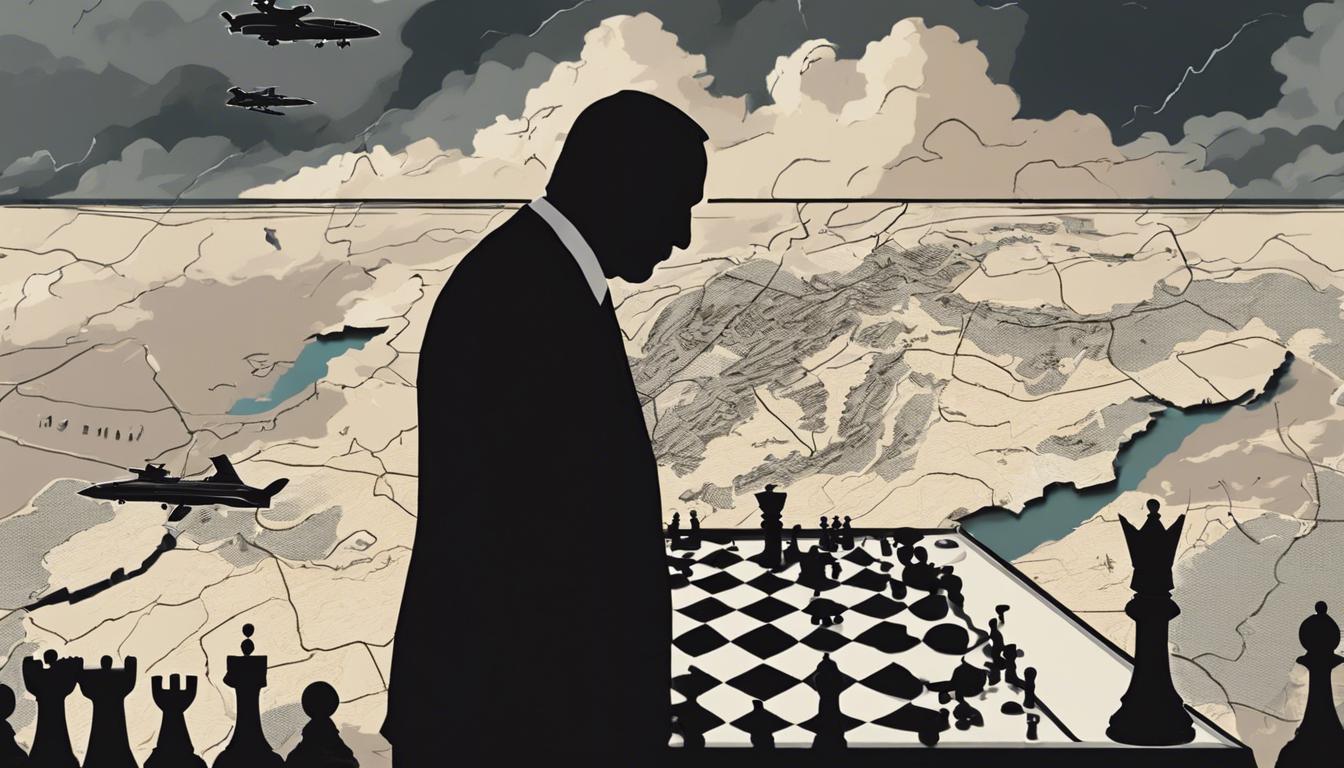In a significant escalation, Iran launches a direct missile and drone attack on Israel, increasing the likelihood of a broader regional conflict. These developments raise challenges for regional security and stability.
Iran’s recent direct attack on Israel marks a significant escalation in Middle East tensions. Historically relying on proxies, Iran’s direct intervention involved a series of missiles and drones, which were largely intercepted, causing minimal damage. This incident has intensified the pressure on Israeli Prime Minister Benjamin Netanyahu to formulate a response, amid calls from parts of his government for retaliation, which could potentially lead to a broader regional conflict.
In the UK, London Mayor Sadiq Khan has committed to eradicating rough sleeping in the city by 2030. This pledge comes in response to a noticeable increase in homelessness during his tenure, with an acknowledgment that solutions must address multifaceted issues including poverty and mental health. The success of this initiative remains uncertain without substantial government support and effective policies.
In consumer news, the popularity of oat milk in London is facing scrutiny. Despite its trendy status, concerns have risen about its nutritional drawbacks, such as potentially causing spikes in blood sugar and offering lower protein levels compared to other milk alternatives like soya and almond milk. These factors may influence consumer preferences in the competitive milk substitute market.
The developments in both geopolitical and local contexts highlight ongoing challenges and the complexities involved in addressing them, from international security and regional stability to urban homelessness and consumer health trends.













